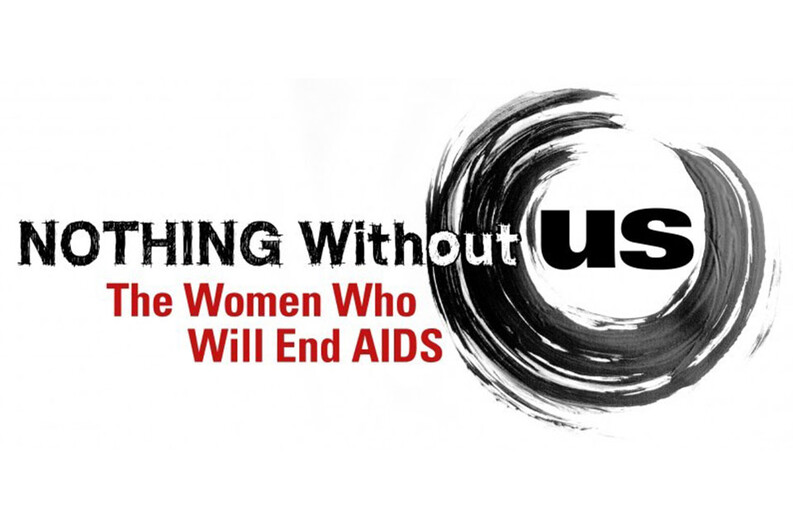New Documentary Celebrates Women Activists’ Fight against AIDS

At the height of the U.S. AIDS epidemic, activists coined a slogan: “Women don’t get AIDS. They just die from it.”
As the saying suggests, the unique challenges that HIV-positive women face have often gone unrecognized. The documentary Nothing Without Us: The Women Who Will End AIDS, recently shown by the Schell Center, showcases female activists around the world who are endeavoring to bring these challenges to light.
The film’s director, Harriet Hirshorn, has long been involved in the fight against HIV/AIDS. In the early 90s, Hirshorn was a member of the advocacy group ACT UP and a caretaker for a friend who ultimately died of AIDS. During these years, Hirshorn explained, AIDS was thought to be a disease that only affected gay men, and the symptoms displayed by HIV-positive women were not even recognized as part of the medical definition of HIV/AIDS. As a result, women were diagnosed at very late stages of the disease and did not have access to the kinds of services and benefits that men did.
Terry McGovern, an activist featured in the film, was instrumental in remedying that problem. She founded the HIV Law Project, whose class action lawsuit compelled the Social Security Administration in Health and Human Services to change the definition of AIDS used to disperse HIV-related disability benefits in 1993. The Center for Disease Control changed their definition of AIDS in the same year to incorporate women’s symptoms, allowing the disease to be recognized and addressed among female patients.
Nothing Without Us highlights stories like McGovern’s, where female activists take on problems that affect women with HIV. As McGovern told the Schell Center, those problems can be daunting: “All the traditional things that women face––violence, discrimination, lack of equal property rights, inheritance rights, third party consent requirements––all the things women face around justice are amplified in the face of HIV.” Thousands of women are working to address these issues, most of whom are HIV-positive themselves.
Hirshorn was critical of the lack of recognition accorded to these “really fierce HIV-positive women activists,” whom she has encountered around the world. “[The activism] I was seeing was being represented absolutely nowhere,” she explained. When it comes to making a film about the activists’ work, she continued, “the extent of women’s erasure or invisibility on so many levels makes it very hard to figure out where to begin.”
Though Hirshorn insisted that she could have made a never-ending series with all the female activists deserving recognition, the film focuses in particular on women in the American South and in Africa. Hirshorn said she wanted to “weave together the battles” of the activists in these two places. To McGovern, there are more similarities between the two contexts than differences. In both cases, she noted, “directly affected people took matters into their own hands, leading the government into doing the right thing.”
McGovern believes that, as a work of film, Nothing Without Us plays an important role in the effort to end AIDS. “The complexities and nuances of people and situations can’t ever be captured in politics,” she argued. “It’s in the arts where all the beauty, all the complexity, all the sadness can be conveyed. It has a much bigger impact on the general population.” As for what that impact should be, Hirshorn hopes the ingenuity of the activists in the film will be inspiring to viewers.
McGovern hopes the film’s viewers will come to the same realization she has after years of advocacy work. “We’re living in a difficult time,” she acknowledged. “People face horrible crises. But there’s just an incredible way that women around the world find a way to be resilient.”
By Madeline Batt


